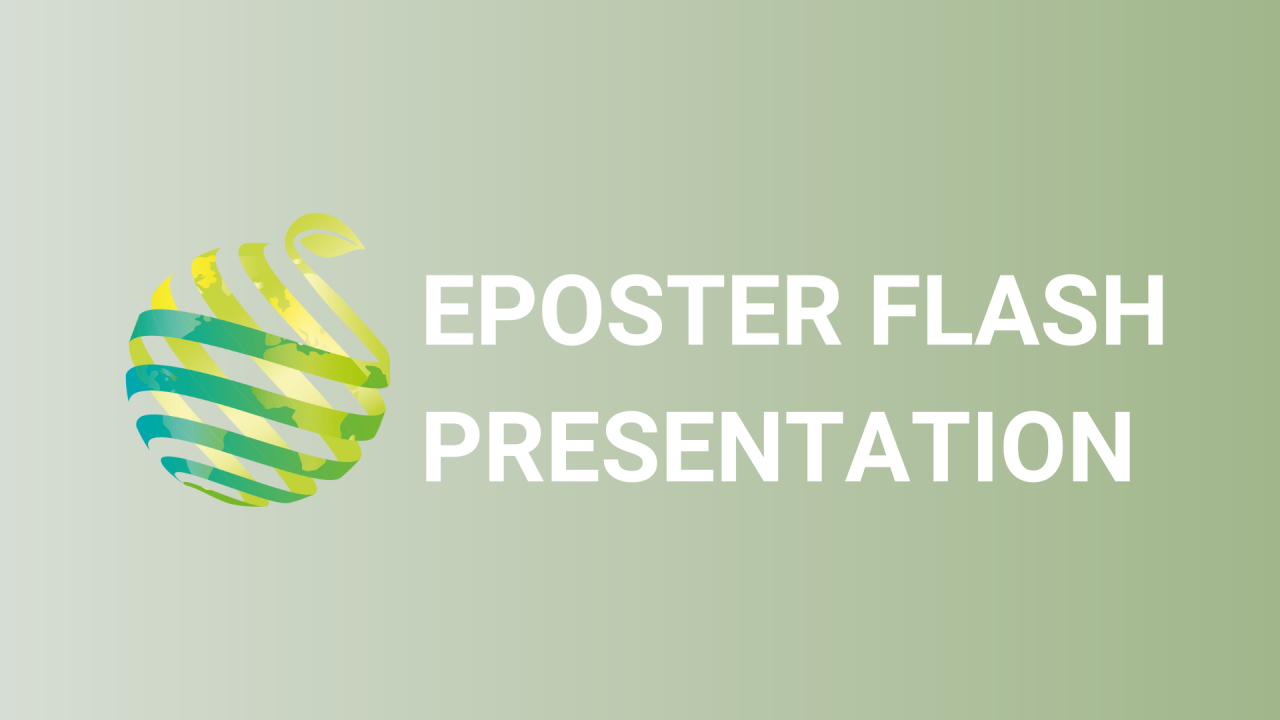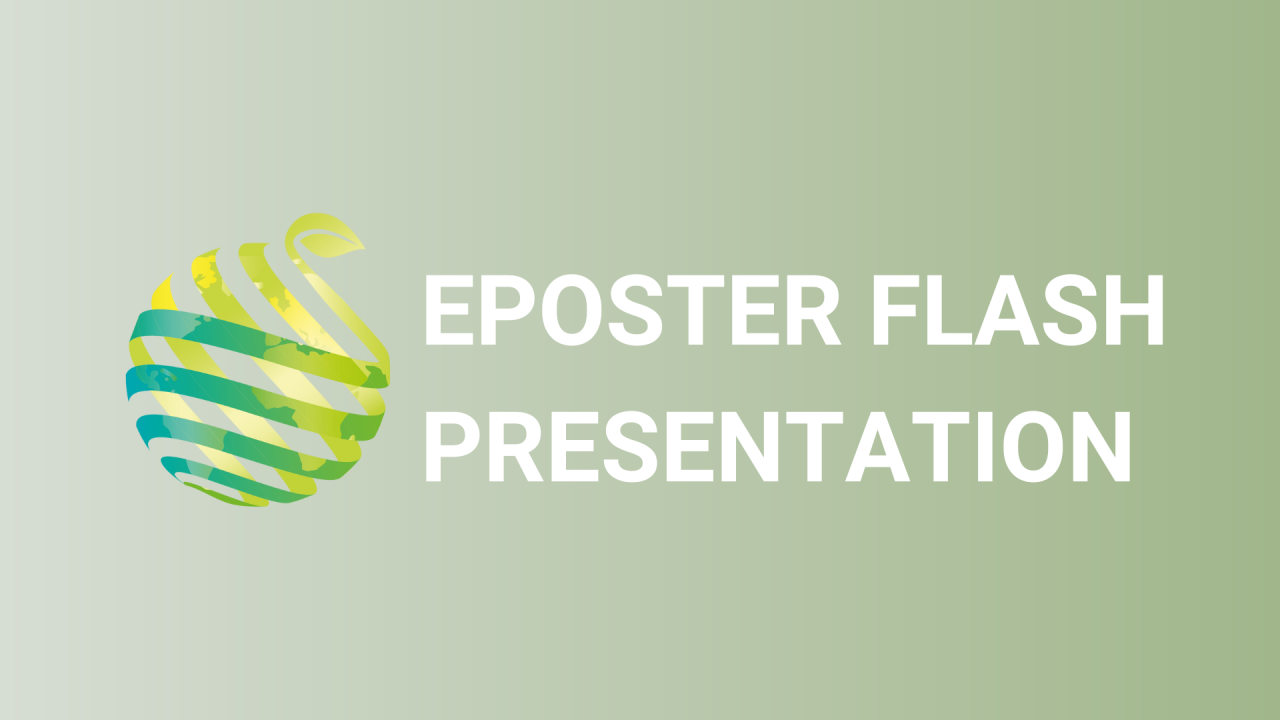

S01 - Session P1 - Evaluation of molecular markers associated to Tobamovirus resistance genes in pepper landraces of the Basque Country (Northern Spain)
Information
Authors: Mikel Ojinaga, Berdaitz Juaristi, Ana Aragones, Mónica Hernandez, Santiago Larregla del Palacio *
The local varieties of pepper from the Basque Country ('Derio' and 'Ibarroria') are susceptible to Tobamovirus. In 2015, a backcross breeding program assisted by molecular markers was started to achieve resistance to these viruses in sensitive local pepper varieties by introducing the L3 and L4 genes. Different molecular markers cited in the bibliography were evaluated in the breeding material. Only 3 out of 13 and 2 out of 7 molecular markers tested for the L3 and L4 genes, respectively, differentiated susceptible and resistant plants correctly in the tested breeding material. Among the markers discarded for the evaluated material, some did not work, others amplified alleles giving false positives, while some were amplified in both positive and negative plants. These molecular markers in the literature appeared as co-dominant and should discriminate homozygous from heterozygous plants for the cited genes. One marker for the L3 gene, YB2A19(NK), has functioned as a co-dominant marker, while the molecular marker 087H3T7 has been used for the L4 gene. An amplicon of equal size was obtained with this marker in usceptible ('Derio') and resistant (a commercial heterozygous hybrid variety for the L4 gene) genotypes. After the isolation, purification, sequencing and sequence alignment of these fragments, three differential SNPs were found in both genotypes. For one of them a restriction enzyme was found that cuts just in the differential SNP between susceptible and resistant plants. These markers enabled distinguishing the homozygous resistant genotypes from the heterozygous resistant genotypes. The development and use of co-dominant markers is helpful, especially for the later generations of the marker assisted backcrossing program where the usage of this molecular tool is required for the selection of homozygous resistant plants.